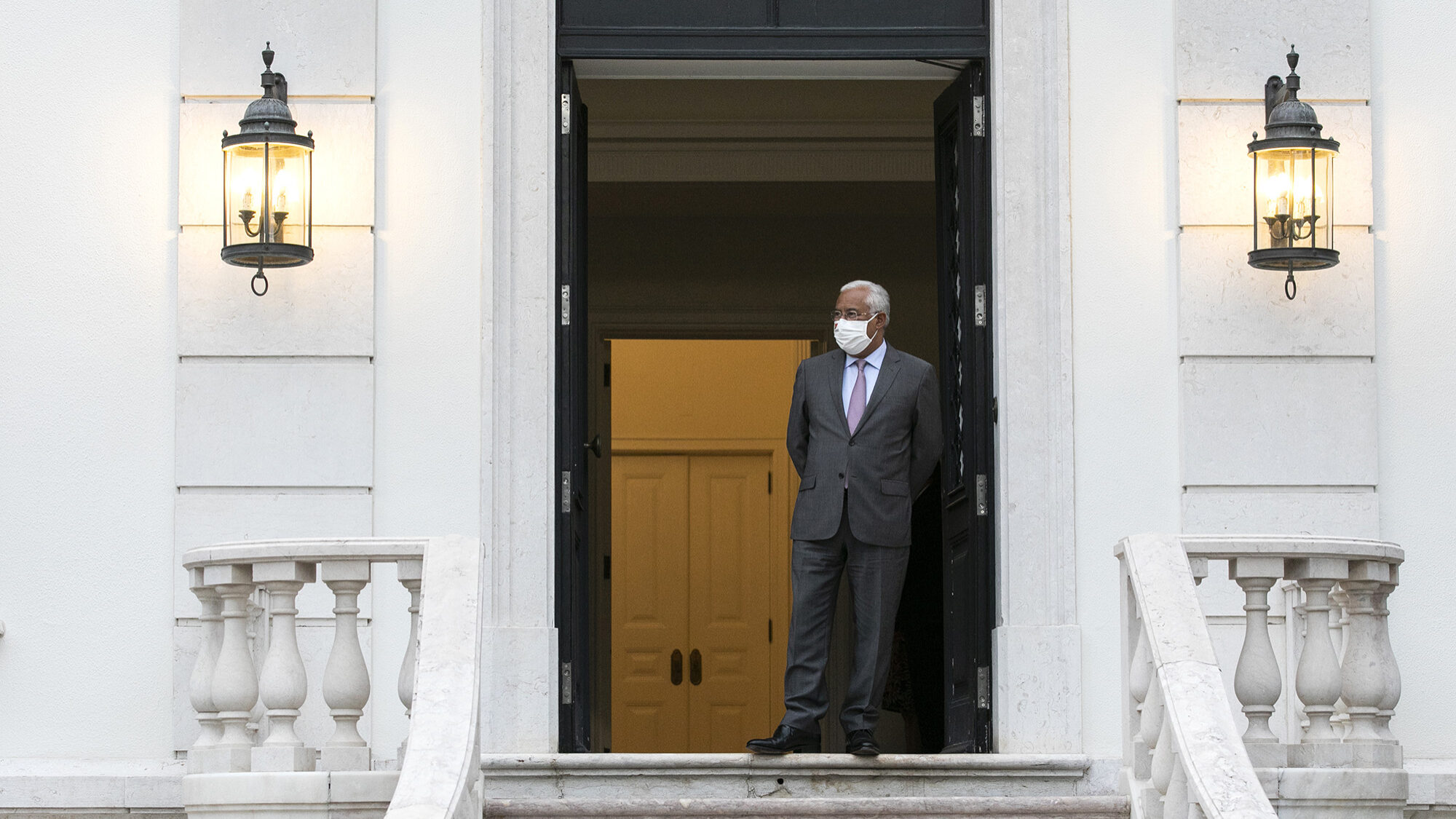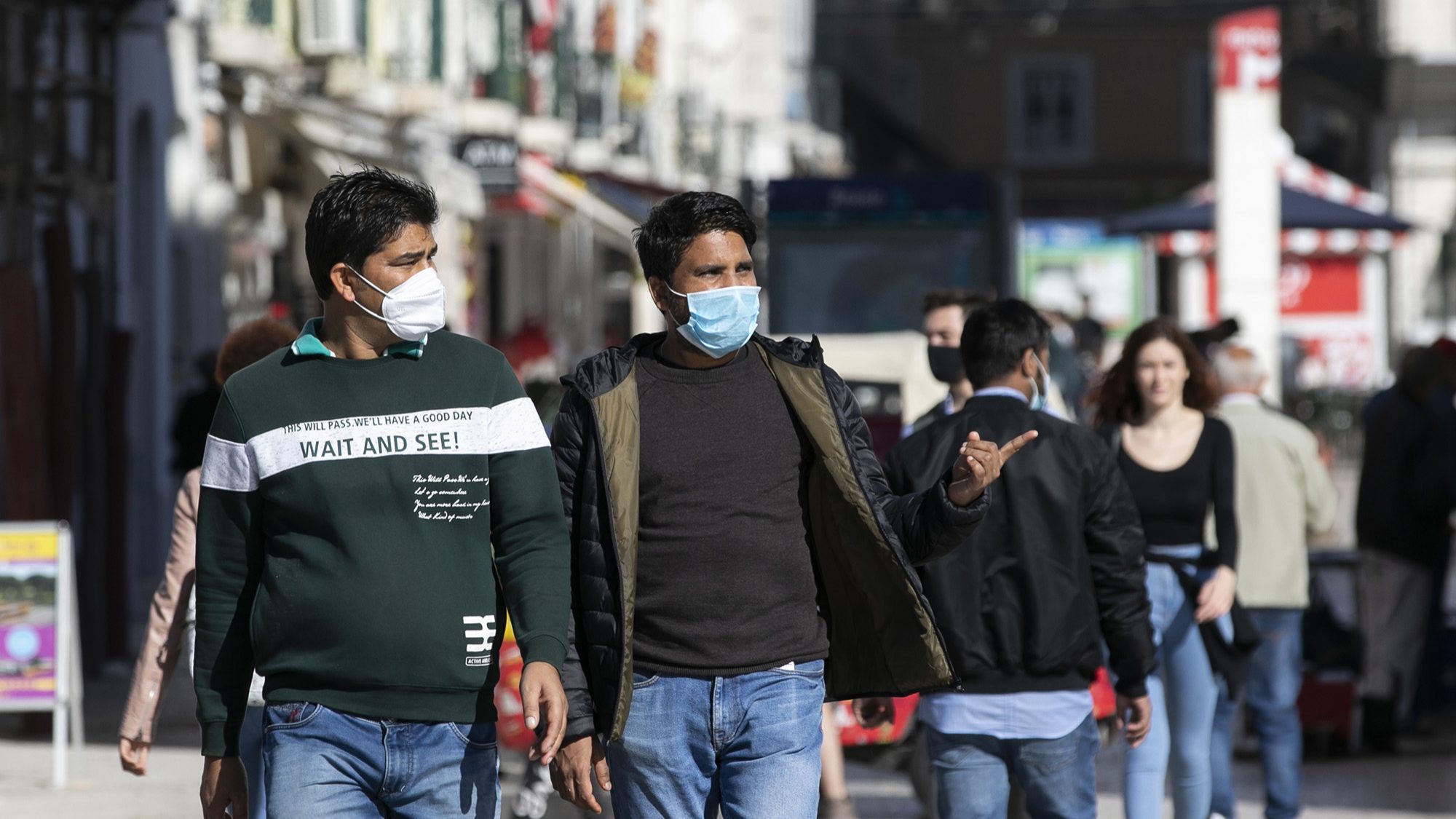Lockdown with open schools reduces R number to below 1
Researcher of the Ricardo Jorge Institute (INSA) said on Tuesday that a new lockdown without the closure of the in-person classes is enough to reduce the SARS-CoV-2 virus R number.
A new lockdown without the closure of the in-person classes is enough to reduce the SARS-CoV-2 virus R number in Portugal to below 1, researcher Baltazar Nunes of the Ricardo Jorge Institute (INSA) said on Tuesday.
In a presentation at Tuesday’s meeting of politicians and public health experts on the evolution of the incidence and transmissibility of the virus in the country over the past few weeks, when there has been a marked worsening of the Covid-19 pandemic, the epidemiologists warned of the consequences of not taking immediate measures to curb the rate of transmission, R number, which currently stands at 1.22.
“If we do nothing, with the same R number, the number of cases and hospitalisations will continue to increase exponentially. If we implement these measures for a fortnight, the R number will come down again towards 1. If it is for a month, we will see a reduction in all scenarios. The greater the lockdown, the greater the reduction in transmission,” he said.
After saying that the R number went from 0.98 on 25 December to 1.2 on 30 December, Nunes then outlined different scenarios of lockdown for January and February, which provided for the continuity of in-person classes for most ages of children, the suspension of in-person teaching activity over 15s and the total closure of in-person classes, as occurred in March and April 2020.
According to the estimates of the team coordinated by the INSA researcher, confinement with face-to-face schools is enough to bring the Rt down to 1, but the decrease will be greater if there is a suspension of classes for pupils over 15 and even more accentuated in an eventual total suspension of the teaching activity.
Currently, the national R number is 1.22. Geographically, the Northern region has the lowest R number 1.18, followed by Lisbon and Tagus Valley (1.23), Madeira (1.24), Centre (1.25), Alentejo and Azores (1.27) and Algarve (1.29).
Nunes also analysed the effects of the government’s weekend restriction measures in recent months, considering that the incidence was growing by 3% in the period before the weekend lockdown and then there was a tendency to reduce from 1.4% to 1.9%, with this decrease also visible in the impact on hospitalisations.
In Portugal, 7,925 have people died out of 489,293 confirmed cases of infection, according to the most recent health authority (DGS) bulletin.
The state of emergency decreed on 9 November to combat the pandemic was renewed from 12 a.m. on 8 until 15 January.


